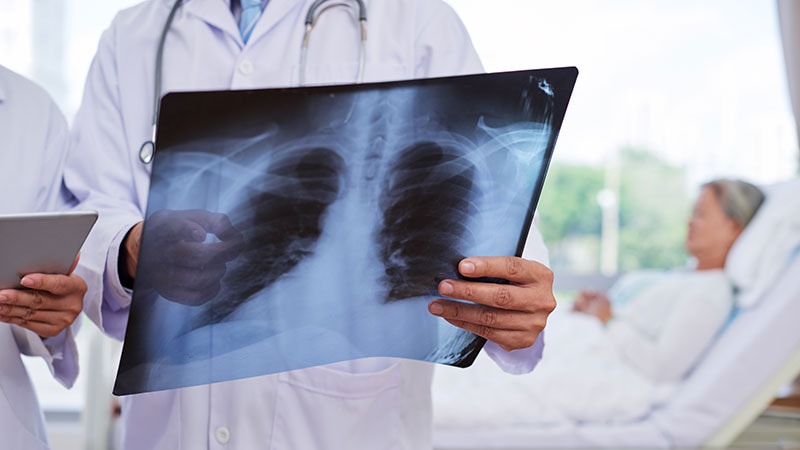The study covered in this summary was published on ResearchSquare.com as a preprint and has not yet been peer reviewed.
Key Takeaways
-
Catheter ablation for atrial fibrillation (AF) is effective and safe in patients with a history of cancer and those receiving cardiotoxic therapies.
-
The ablation success rate in patients with cancer was similar to that observed in patients without cancer.
Why This Matters
-
Catheter ablation for AF is underused in patients with cancer because of a perceived risk for downstream complications associated with exposure to potentially cardiotoxic and proarrhythmic agents.
-
This study argues against such concerns, demonstrating that catheter ablation is an effective and safe approach to treating AF in patients with cancer.
Study Design
-
The retrospective cohort study compared the efficacy and safety of catheter ablation for AF in adult patients with or without cancer.
-
The patients with cancer had a history of cancer within the past 5 years or exposure to anthracyclines or thoracic radiation at any time before the ablation. Patients with nonmelanoma skin cancer were excluded.
-
The primary endpoint was freedom from AF and repeat catheter ablation at 12 months.
-
Safety endpoints included bleeding requiring intervention, pulmonary vein stenosis, stroke, and cardiac tamponade within 3 months of the ablation procedure.
Key Results
-
Of the study’s 502 patients undergoing catheter ablation for AF, 251 (50%) had a history of cancer. They and the 50% without cancer had similar prevalence of hypertension, diabetes, tobacco use, obstructive sleep apnea, coronary artery disease, valvular heart disease, congestive heart failure, and history of cerebrovascular events.
-
The most common cancer diagnosis was breast cancer, in 20% of cases; about 15% of the cancer patients received anthracyclines.
-
More than half of patients in both groups had paroxysmal AF, 54.2% of cancer patients and 56.2% of controls.
-
Cardioversion had been attempted prior to ablation in 60.2% of patients with cancer and 57.8% of controls.
-
Radiofrequency ablation was used in 58.2% of patients with cancer and 8.4% of controls (P < .001). Cryoablation was used in 36.2% and 53.4%, respectively (P < .001), and both ablation modalities were used in 5.6% and 38.3%, respectively (P < .001).
-
Most 12-month outcomes were similar for cancer patients and patients without cancer, including freedom from AF, 83.3% and 72.5%, respectively (P = .28); and repeat ablation, 20.7% and 27.5%, respectively (P = .29).
-
Of the patients with cancer, 50.6% were free of AF without antiarrhythmic drugs at 12 months compared with 35% of controls (P < .001).
-
There were no significant differences in rate of repeat ablation or 3-month safety endpoints.
Limitations
-
Selection bias among patients referred for ablation can’t be ruled out in this retrospective cohort study.
-
Relatively few patients in the cancer group had active cancer, so the observed efficacy of ablation in that group may not accurately reflect results in clinical practice.
Disclosures
-
This study received no funding, grants, or support.
-
One author was supported by the Catherine Fitch Fund and the Gelb Master Clinician Fund at Brigham and Women’s Hospital.
-
Another author disclosed consulting for Intrinsic Imaging, Bristol Myers Squibb, AbbVie, Genentech, Roche, Sanofi, C-4 Therapeutics, CRO Oncology, and Amgen and receiving grant funding from AstraZeneca and Bristol Myers Squibb.
This is a summary of a preprint research study, “Efficacy and Safety of Catheter Ablation for Atrial Fibrillation in Patients with History of Cancer,” written by Sarju Ganatra from the Lahey Hospital and Medical Center in Burlington, Massachusetts, and colleagues on ResearchSquare.com, provided to you by Medscape. This study has not yet been peer reviewed. The full text of the study can be found on ResearchSquare.com.
Credit:
Lead Image: Dragonimages/Dreamstime
Cite this: Cath Ablation for AF No Less Safe, Effective in Cancer Patients - Medscape - Feb 03, 2023.
